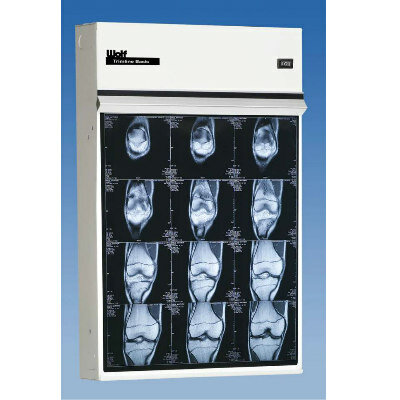Study Shows First-Trimester MRI Does Not Increase Risk of Stillborn Babies
By MedImaging International staff writers
Posted on 19 Sep 2016
A new study has found that undergoing a Magnetic Resonance Imaging (MRI) exam during the first trimester of pregnancy does not increase a woman’s risk of having a stillborn baby.Posted on 19 Sep 2016
In addition, the study showed that a baby does not have an increased risk of having a birth defect, or dying soon after birth. The children do not have an increased risk of vision or hearing loss, or cancer, in the first four years of their life.
This is one of the first controlled studies on the safety of MRIs for fetuses in the first trimester of pregnancy. MRIs are already considered safe for use in the second and third trimesters of pregnancy.
The results of the study were published online in the September 6, 2016, issue of the journal JAMA. The researchers from St. Michael Hospital (Toronto, ON, Canada) examined the records of over 1.4 million births in Ontario, Canada between 2003 and 2015 and compared women who had undergone MRIs in the first-trimester of their pregnancy with those that had not. The researchers continued to track the health of the children until they reached the age of four.
The study also found that in Ontario, Canada, one out of 250 pregnant women have an MRI exam sometime during their pregnancy, and one out of 1,200 women have an MRI exam in the first trimester.
The researchers did find a slightly elevated risk of stillbirth, or neonatal death, when women underwent a gadolinium-enhanced MRI exam, and a slightly higher risk of rheumatologic or skin condition in their children. The results support clinical guidelines advising pregnant women to avoid gadolinium-enhanced MRI exams unless strongly indicated.
Related Links:
St. Michael Hospital













.jpg)
